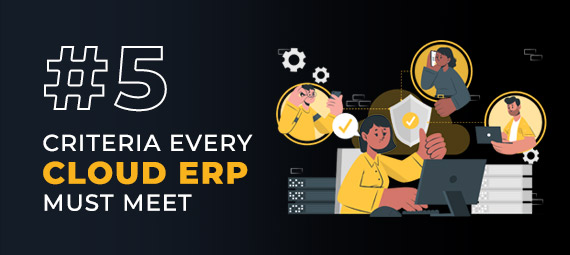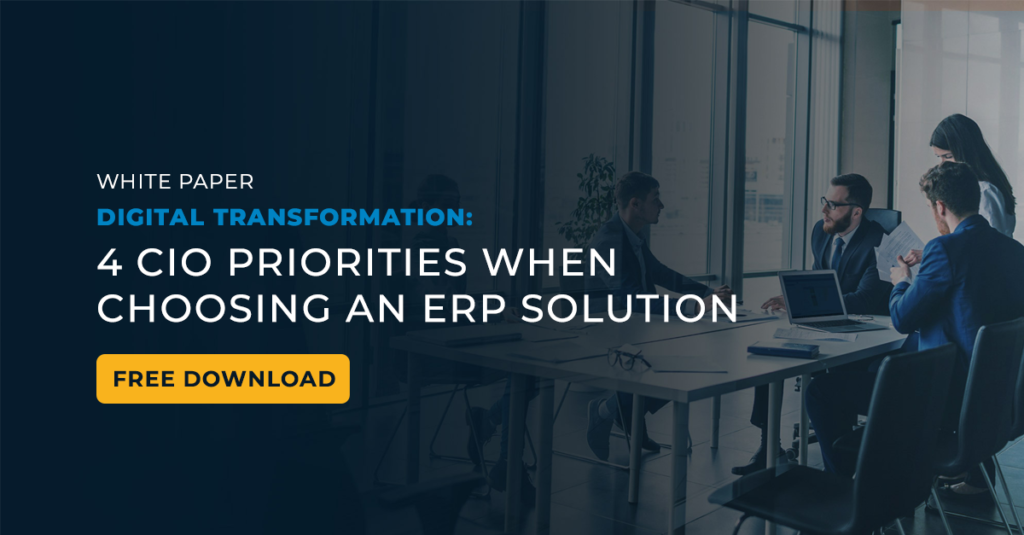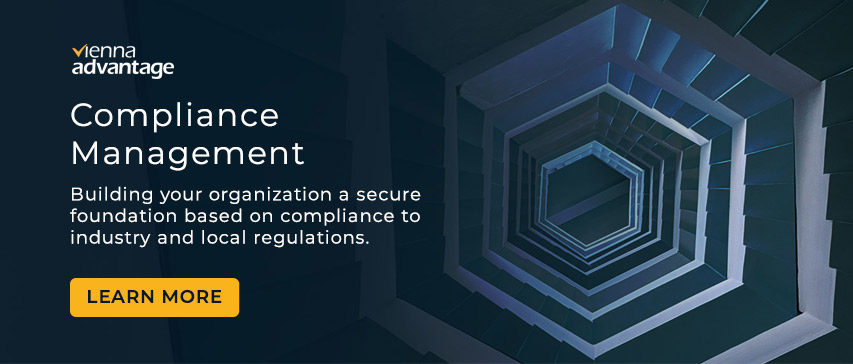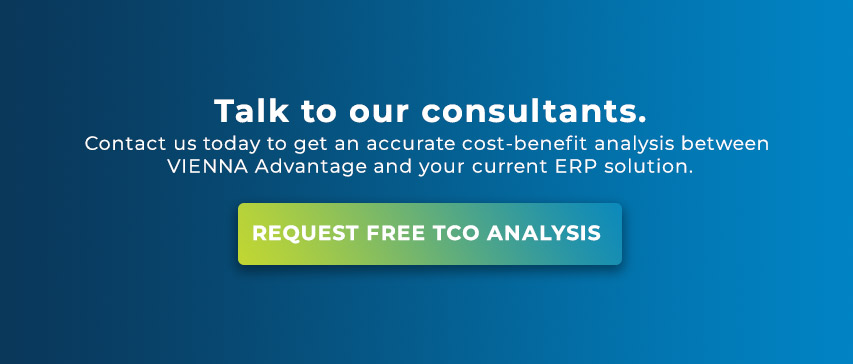
Organizations are increasingly making the migration to cloud as a core part of their digital transformation initiatives. As the enterprise digital core, the transition of the ERP application to the cloud poses far more challenges to organizations than do applications that are relatively localized.
The questions that come to every CIO’s minds centre around the choice of ERP solution that best suits a cloud deployment. Besides reducing upfront and incremental capital expenditure on infrastructure, a cloud-based deployment mitigates the infrastructure risk by outsourcing it to a specialized provider that can provide benefits of scale and reliability. This makes cloud transition more attractive to all stakeholders in the organization. Returning to the original question – what criteria should CIOs consider in selecting a Cloud ERP? The response is nuanced and touches on several aspects from data residency to customizability of the deployed solution. Let’s examine a few key points.
#1 Multi-tenancy versus Customizability
By definition, cloud applications are architected to optimize for multi-tenancy by favoring configurability over customizability. This allows them to achieve the economies of scale by distributing the infrastructure overhead over a larger number of client organizations. Such an architecture does not lend itself naturally to an application such as ERP that invariably has to be highly customizable because not all organizational needs are met through configuration.

CIOs must specifically seek to understand where different vendors stand on the configurability versus customizability debate. In order for your line businesses to get maximum value from the core application, ERP solutions must provide the best of both worlds – the advantages that come with cloud deployment without compromising on the level of customization that can be performed to meet your business requirements.
#2 Data Residency
Regulators are increasingly insisting for organizational data to physically reside in their respective jurisdictions in order to ensure greater oversight on evolving laws and regulations pertaining to information technology. While several Cloud ERP solution providers price their applications aggressively, CIOs must read through the fine prints to prevent legal and compliance flags being raised after having spent significantly on such a Cloud ERP solution.
This becomes increasingly important when it comes to financial data as governments across the world enforce anti money laundering (AML) regulations and for purposes of auditability and control, prefer organizations to store their data within geographies of their jurisdiction.
#3 Scalability and Security
Cloud ERP solutions position scalability as an inherent advantage. The value proposition stems from the elastic provisioning of infrastructure resources during peak load periods and scaling back during less intensive load periods. However, traditional ERP applications were restricted primarily to users within the organization, who tend to be co-located or distributed across fixed known locations and contribute to predictable system load characteristics.
However, as organizations become more networked, increasingly exchanging data with customers and suppliers, the user load characteristics have changed dramatically. When CIOs evaluate different cloud providers, they must pay specific attention to the provider’s ability to cater to peak load scenarios that include customer and vendor users.
As ERP applications evolve to become more networked, securing the application assets becomes increasingly important. With increased nodes in the application landscape, the probability of vulnerabilities increases non-linearly and CIOs must ensure that their cloud ERP solution provider has adequate measures to secure the organization’s digital estate. ERP vendors must provide practicable solutions to secure both – data at rest through robust encryption and data in motion by ensuring all network communications are encrypted to prevent any attempted intrusion.
#4 Localization and Compliance
Cloud ERP companies provide solutions across geographies and jurisdictions and they achieve efficiency by leveraging on economies of scale. However, application efficiencies may sometimes be at odds with the regional and local requirements of organizations, especially with the ones pertaining to localization and compliance.

When CIOs involve their legal and compliance teams in the due diligence process, the team should evaluate the degree of localization provided by the cloud ERP solution provider. Certain statutory requirements – payroll taxation, for example – change on a periodic basis and the provider should be able to apply the relevant software updates in the organization’s deployment environment without adversely impacting any other customization that may be dependent on these updates.
Essentially, cloud ERP solution providers must have a clear position on how their application meets statutory and legal compliance for your jurisdiction and a standard operating procedure with expected service levels to apply changes in the cloud environment without any downtime or disruptions to your business as usual.
#5 Reliable Services Partner
A large part of a successful cloud ERP deployment depends on a reliable and knowledgeable service partner. While this is strictly not a feature of the cloud ERP solution, organizations must seek a service partner that is adept in various business processes but also has the capability to provide all the necessary training and handholding support that is so critical for your organization to realize returns from your investment in the cloud ERP solution. This has become increasingly important, and challenging, in the post-pandemic era with a predominantly distributed workforce that would be core ERP users.
Bottom line
While there are several other criteria that would eventually be considered as you go about your Cloud ERP evaluation, the above five criteria are critical regardless of your geography of operation and the various industries that you have business interests in.
The Cloud ERP solution offered by VIENNA Advantage complies with all the dimensions mentioned in this article and our partnership with Oracle Cloud Infrastructure ensures that our customers run on world class infrastructure that assures scalability, security and reliability without compromising on any critical dimensions of cloud hosting. VIENNA Advantage also adopts an architecture that ensures your organization does not need to compromise on the customizability of your cloud ERP solution.
